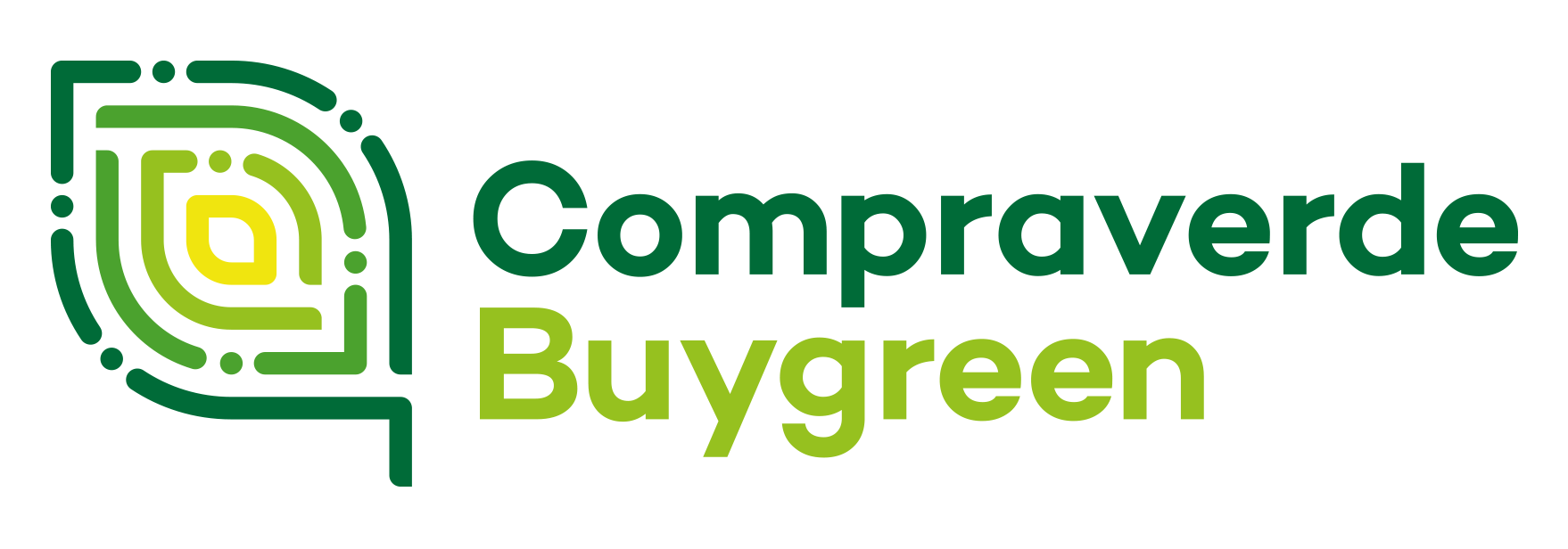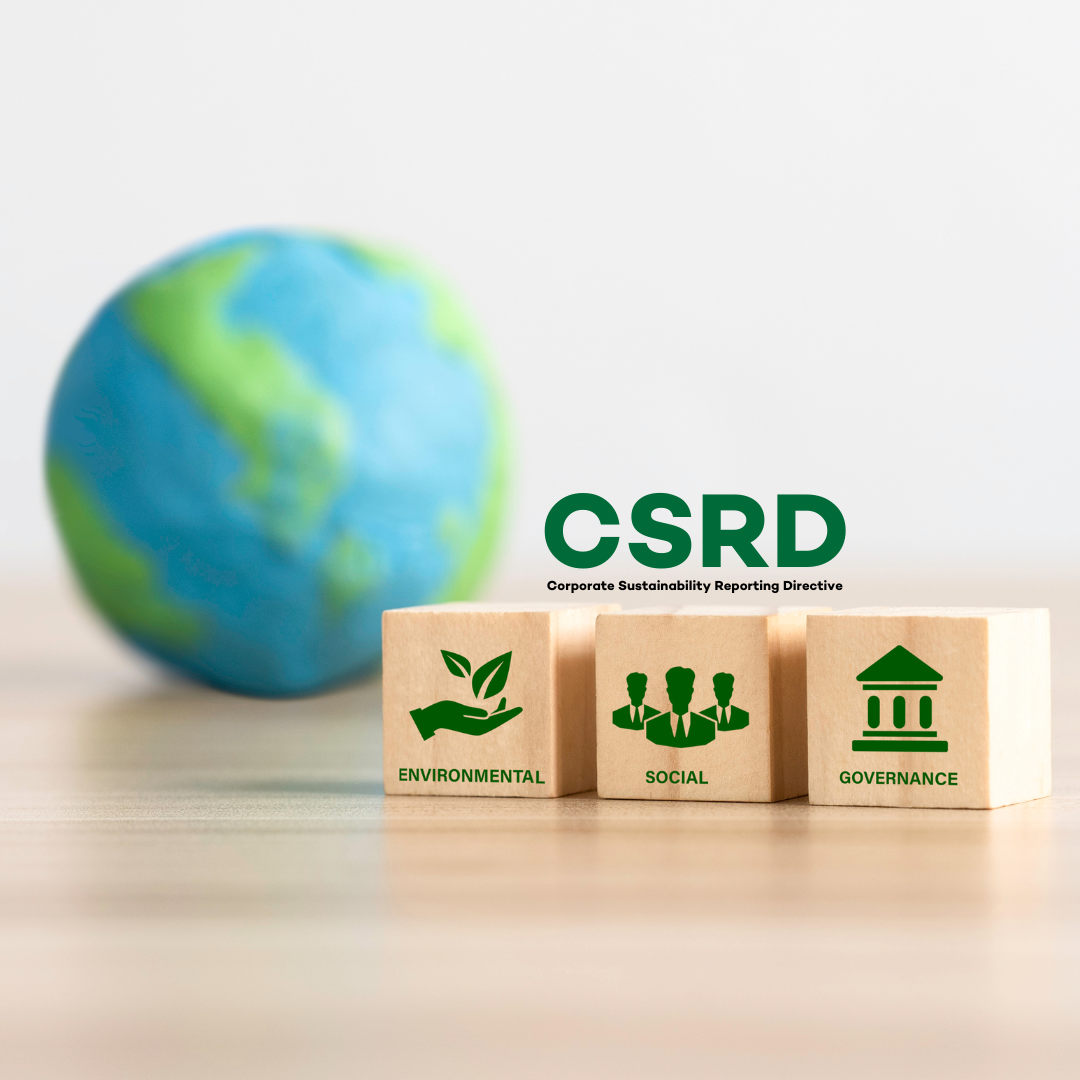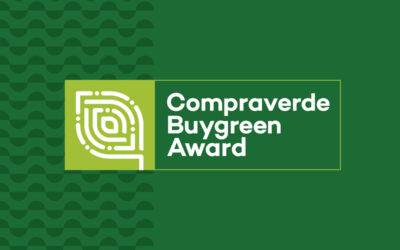The most important step within the European ESG reporting landscape has finally been taken. As of 25 September 2024, the Italian transposition decree, Legislative Decree 2024/125 (published in OJ no. 212 of 10 September 2024) , implementing Directive 2022/2464/EU (also known as the Corporate Sustainability Reporting Directive or CSRD), regarding corporate sustainability reporting,officially came into force. The aim of the CSRD directive is to ensure more accurate and detailed reporting of companies’ sustainability performance, allowing for a better assessment of their environmental and social impact.
The legislative decree implementing the European CSRD directive in Italy was approved by the Council of Ministers on 30 August. With the approval of the decree, Italy adopted the new European rules that extend the scope of reporting requirements to listed SMEs. The new regulatory framework is, therefore, a fundamental step towards greater corporate transparency on sustainability and will have a significant impact on the way companies report on their environmental, social and governance (ESG) performance.
The proposal approved by the Council of Ministers has changed the average number of employees a company included in the regulation must have during the financial year in question: no longer from ‘more than 50 to less than 250’, but from ‘not less than 11 to not more than 250’. But there are two other requirements to be considered a listed SME: assets (greater than 450,000 euros and less than 25 million) and net sales and service revenues (greater than 900,000 euros and less than 50 million). Thanks to the directive, it is estimated that, on a European level, the number of companies subject to the obligations will rise from 11,700 to almost 50,000.
But who should be affected by the new rules and from when will they apply?
First and foremost, companies already subject to the previous Non-Financial Reporting Directive (NFRD) that will have to start publishing their sustainability reports as of 2025, while large companies not yet obliged will have to comply by 2026. But listed SMEs and other specific categories of credit and insurance institutions will also be affected from 2027, with a further expansion of the rules in 2029 for subsidiaries of non-European parent companies.
Among the novelties introduced by the decree, of particular note is that of the sustainability auditor: an expert charged with verifying the accuracy and transparency of ESG reports. This professional plays a role similar to that of the auditor, but with a focus on sustainability information. In the first two years after the decree enters into force, penalties for non-compliance by sustainability auditors will be limited, with maximum fines of EUR 50,000. This system of sanctions has been implemented to ensure a smooth transition to full compliance with the new rules.
The introduction of CSRD represents a challenge for many Italian companies that will have to reorganise their internal processes to comply with ESG reporting requirements. But also an opportunity as the ultimate goal is to provide investors, consumers and other stakeholders with more complete and reliable information, helping to reduce phenomena such as greenwashing. The decree transposing the CSRD directive, therefore, marks a significant change in the corporate sustainability landscape in Italy, forcing companies to be more transparent and traceable in their environmental and social actions.




